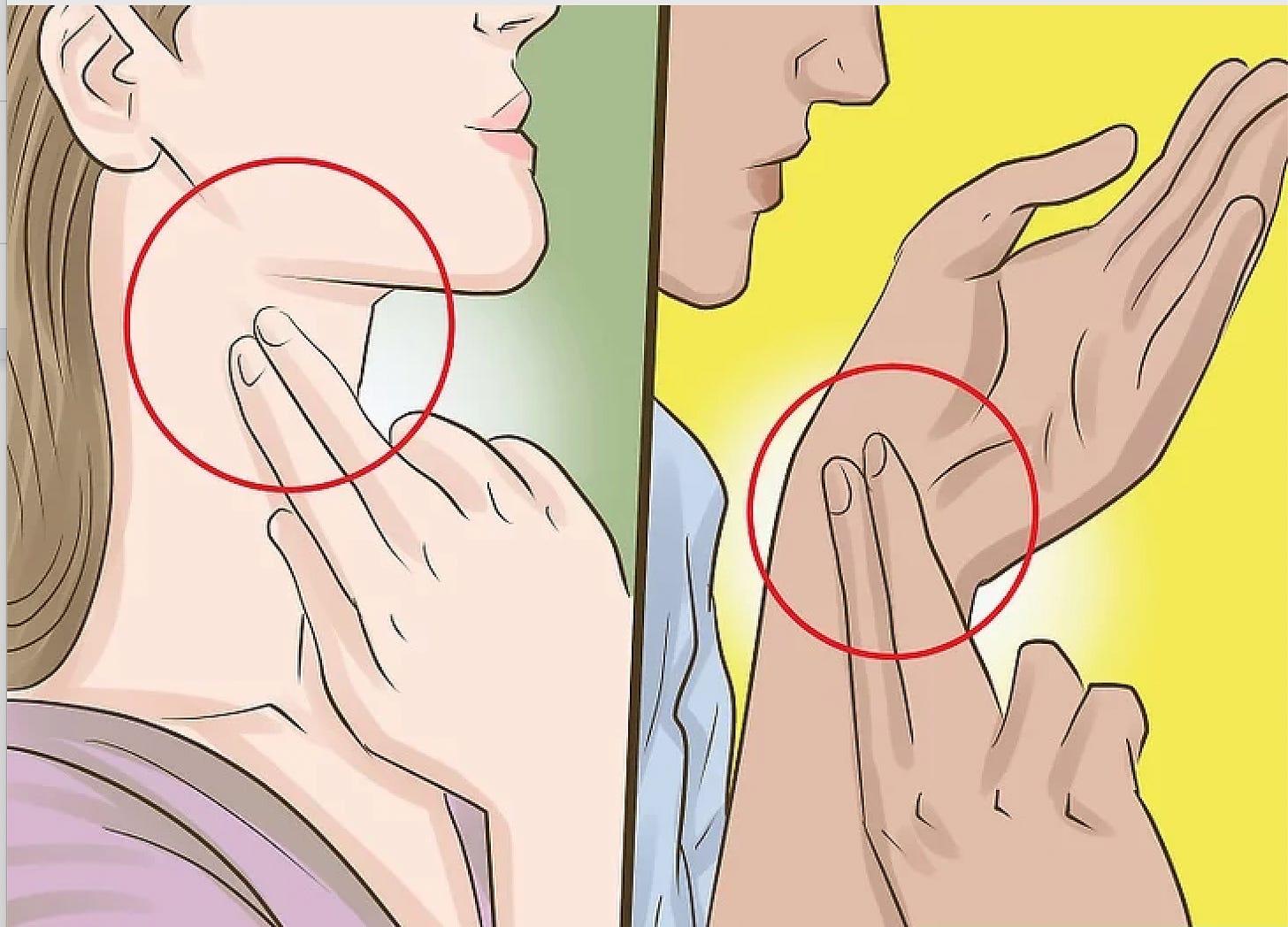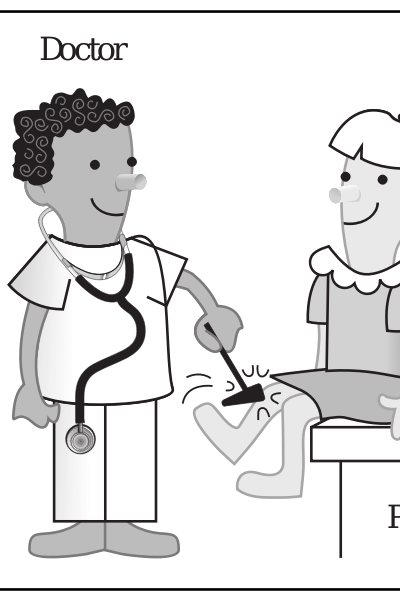Hello!
Welcome to another lesson from the ancient world... For those of you just joining us, we aim to bring ancient wisdom to future minds, to show how awesome history, philosophy, literature and mythology are... and why they matter today! If you haven’t already, you can read our Approach Here.
Soon we will be taking this love of the Classics on the road... in less than two months, our little family (husband, daughter and myself) will embark on a 5 month trip around the Mediterranean from Italy to Israel, Turkey to Greece, where we’ll check out all the ancient sites, museums and inspirations still found in the region. The whole family will be reporting along the way, with videos, postcards and, of course, fun games and activities for young inquiring minds.
First Stop: Hadrian’s Palace in Tivoli, Italy.
In the meantime, we are delving into the great minds, ideas, and myths from the past while still here at home in Argentina. As such, this week we are looking at the “Father of Medicine”, Hippocrates, pronounced: huh·po·kruh·teez.
(Personally, I think it’s handy to know this at the beginning of the lesson... just in case you are used to reading a word rather than saying it outloud...)
Hippocrates is famous for so many wonderful contributions to the field of medicine... in fact, too many! It is now thought that the reason we attribute so much to him is because all the books related to the Hippocratic School were labeled under ‘Hippocrates’ at the famous Library of Alexandria.
So... he, as one individual, probably did not do ALL that he is said to have done. Nonetheless, he did start the school and it is handy to put a ‘face to a name’. So we’ll continue to label these remarkable discoveries and observations as ‘Hippocrates’, just as the ancient Alexandrians once did. I should note - there were other doctors and healers throughout the world, Hippocrates was not the first. He is considered the “Father of Medicine” by many because of his lasting contributions.
Read on to learn the amazing innovations done to the field of medicine, below.
Please Note! This is a brand new project... I have been running Classical Wisdom for ten years, but Classical Wisdom Kids began only recently. You can help support our Classics Outreach Mission for the next generation (as well as enjoy our FULL resources, including printable worksheets, game ideas and online events), by becoming a member today:
You can also Donate a Subscription to those who can’t afford it, or Gift a Subscription to someone specifically here.
All the best,
Anya Leonard
Founder and Director
Classical Wisdom and Classical Wisdom Kids
Hippocrates: The Father of Medicine
Hippocrates was born on the Greek island of Kos around the year 460 BC. He is known as the “Father of Medicine” because he started the Hippocratic School of Medicine. With his ideas about healing and the role of the doctor, Hippocrates influenced western medicine for thousands of years.
Before when people were sick, they did not go to a doctor, but rather to a temple to pray. Hippocrates was thought to be one of the first people to think diseases happen naturally. He said people got sick from things like diet and lifestyle, rather than a punishment by the gods. This separation of medicine from religion made the study of disease and cures possible.
Hippocrates said doctors should act like professionals. They should be well-kempt, serious, understanding and honest. They should have a clean room and instruments for their work, and follow techniques for helping people. Importantly, they should always make sure their fingernails are clean and trimmed!
The Hippocratic school taught the importance of careful observations and taking notes. Hippocrates made many notes of patients’ symptoms, including pulse, fever, complexion and pains. He included family history of illnesses and environment in order to understand his patient’s problem.
Hippocrates' philosophy also focused on the “healing power of nature”. The idea is that the body can do a lot of healing itself. It is the job of the physician then, to not get in the way, but rather help the recovery with good food, cleanliness and lots of rest. This is a famous saying in Latin and English:
“Primum non nocere”
“First, do no harm”
A perfect example is a broken leg. The bone can heal itself, so the physician should set up a brace to help the patient stay still. They often used the Hippocratic bench, shown above, to keep someone still but also to help relieve pain.
His most famous contribution is the Hippocratic Oath. This is an oath taken by doctors saying that they will be ethical in treating their patients, that they won’t hurt them and that they will keep their information private. It has important ideas we still use today, such as doctor-patient confidentiality.
The Hippocratic school, with its lessons on honesty, cleanliness, observation and patient care improved the field of medicine, saving many lives along the way.
Let Little Readers Read!
Download the PDF of the story and activities (along with a Word Bank HERE):
Review:
What was medicine like before Hippocrates?
Why was Hippocrates considered the “Father of Medicine”?
What should a good doctor do?
Discussion:
Why do you think cleanliness is so important? What else can you do to make sure you are very clean?
What sort of diet and lifestyle can make you sick? What diet and lifestyle can make you healthy?
What would you include in the Hippocratic Oath? What should all doctors promise to do?
Activities:
Find your pulse. Use your pointer and middle finger and press gently on the side of your throat or on your wrist. Count how many times you feel the pulse in ten seconds. Times that by 6! Or count how many times you feel the pulse in one minute.
Is your pulse easier to locate on your wrist (radial) or on your throat (carotid)?
*NB: Don’t push on your throat too hard!
Play Hippocrates! Two important rules for doctors, according to Hippocrates, were cleanliness and note-taking. Before you begin, do you know how to make sure your hands are very clean? Next, make sure to take observational notes. You can be the doctor to your toys, plants or pets. Look for the pulse, fever, complexion and pains. Use the attached Observation chart to help!
Group Game Ideas
(Games created by Elizabeth Smith):
Time to Time Travel
You have time traveled back to Ancient Greece. You have left your modern day world of medicine and health care - to find yourself an assistant in training to Hippocrates. Well done! How exciting!
As you and Hippocrates make your way through the town you come upon various Greeks with health care needs.
Hippocrates has decided to grab a snack. He has left you in charge.
Rules of the Game:
This game involves notecards.
Choose one player to play the part of Hippocrates’s assistant. The other players are the sick Greeks. Each sick Greek has a notecard with a list of symptoms. The Symptoms notecards will be written prior to the starting of the game.
The sick Greeks act out the symptoms on their notecards. As Hippocrates’s assistant observes each sick Greek - the assistant will - in true Hippocrates form - offer treatment. Treatments are based on exercise, nutrition, and lifestyle modifications.
If the assistant fails to offer treatment- or a treatment that seems fitting - the sick Greek takes the place of Hippocrates’s assistant.
Youth can write their own Symptoms Cards. Or youth can just act out symptoms if they do not wish to write. Symptoms suggestions: Broken leg, upset stomach,
This game offers an opportunity for conversation regarding healthy lifestyle choices.
Go Further!
(For Adults and older kids)
Read the Original:
Regarding Doctor Patient Confidentiality in the Hippocratic Oath:
“What I may see or hear in the course of the treatment or even outside of the treatment in regard to the life of men, which on no account one must spread abroad, I will keep to myself holding such things shameful to be spoken about.”
It states in “On forecasting diseases” that:
“First of all the doctor should look at the patient’s face. If he looks his usual self this is a good sign. If not, however, the following are bad signs – sharp nose, hollow eyes, cold ears, dry skin on the forehead, strange face color such as green, black, red or lead coloured. If the face is like this at the beginning of the illness, the doctor must ask the patient if he has lost sleep, or had diarrhea, or not eaten.”
Are Hippocrates' teachings still relevant?
Hippocrates and his followers were the first to accurately describe and analyze some medical conditions. This included determining the clubbing of fingers, sometimes referred to as “Hippocratic fingers”, as an important diagnostic sign in chronic suppurative lung disease, lung cancer and cyanotic heart disease.
Hippocrates was the first documented chest surgeon and his techniques, while basic, are still valid. His methods for treating hemorrhoids, in addition, are still used today, though, thankfully, with more sophisticated instruments.
Finally, parts of his work in pulmonary medicine and surgery have not been improved upon since Ancient Greece.
Some essential elements of Hippocrates’ teachings, however, have not continued into our present day.
Hippocrates belonged to a school of thought which emphasized prognosis above diagnosis. This meant doctors predicted outcomes based on statistical data, rather than discovering the exact problem faced by the ill individual.
This passive treatment was effective for relatively simple ailments, but was the source of serious criticism over the subsequent centuries from more modern doctors. For example, the French physician M. S. Houdart called the Hippocratic treatment a “meditation upon death”.
Did Hippocrates Do Harm?
In the field of gynecology and obstetrics, Hippocrates’ work may have done some harm for quite some time... Watch the video below and decide for yourself:










